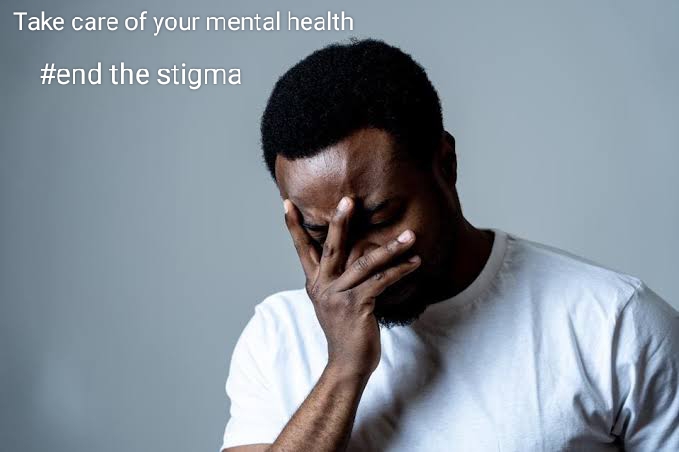
The Underplayed Mental Health Conditions in Men: Overcoming Societal Expectations.

The World Health Organization (WHO) defines mental health as a state of well-being that enables individuals to cope with life’s stresses, realize their abilities, learn and work well, and contribute to their community. However, when someone struggles with mental health, it is described as experiencing mental health issues.
Many men avoid discussing their mental health due to societal expectations. Traumatic experiences during childhood are often dismissed with phrases like “you are a man.” These experiences can include injuries from sports or exposure to violence and aggression that are never properly addressed.
There is a significant stigma surrounding men expressing emotions, as it is often associated with weakness. Many men are uncomfortable with expressing or experiencing emotions. This stigma leads to alternative methods of seeking help, such as telehealth services, where men can maintain confidentiality.
Statistics reveal that men are four times more likely to die by suicide compared to women. Often, men are unaware of the symptoms of mental health issues. Behaviors such as violence or excessive drinking are normalized rather than recognized as signs that help is needed.
Cultural norms play a substantial role in discouraging men from discussing their mental health. An example from a field activity illustrates this: a young boy was injured by his sister during a fight. Instead of comforting him, the mother told him to be strong and stop crying, reinforcing toxic masculinity from an early age. Such attitudes discourage men from seeking help, as they are conditioned to believe that expressing vulnerability is a sign of weakness.
Moreover, interviews with men reveal that many shy away from discussing mental health due to how they were raised. One man shared that being raised by a single mother who constantly reminded him to “be a man” pressured him to keep his problems to himself. This internalization of problems often leads to a breaking point, where they can no longer cope and may resort to drastic measures.
How to Overcome Underplayed Mental Health Conditions in Men
1. Promote Open Dialogue:
– Encourage conversations about mental health in various settings, including workplaces, schools, and homes.
– Normalize discussing emotions and seeking help as a sign of strength rather than weakness.
2. Educate and Raise Awareness:
– Implement educational programs to raise awareness about mental health issues in men.
– Highlight the signs and symptoms of common mental health conditions like depression, anxiety, PTSD, and substance abuse.
3. Provide Accessible Resources:
– Increase the availability of mental health resources, including telehealth services, which offer confidentiality and ease of access.
– Ensure that men know how to access these resources and feel comfortable using them.
4. Challenge Cultural Norms:
– Address and challenge cultural norms that discourage men from expressing vulnerability.
– Promote positive masculinity, emphasizing that seeking help and expressing emotions are integral parts of being strong and resilient.
5. Supportive Environments:
– Create supportive environments in families, workplaces, and communities where men feel safe to discuss their mental health.
– Encourage peer support groups and mentorship programs to provide a sense of community and shared experience.
6. Policy and Advocacy:
– Advocate for policies that support mental health initiatives and provide funding for mental health programs.
– Support campaigns that aim to reduce the stigma associated with mental health issues in men.
Conclusion
The societal expectation for men to always appear strong and stoic is a significant barrier to addressing mental health issues. Breaking down these barriers requires changing cultural attitudes and encouraging open, supportive discussions about mental health for everyone. By fostering an environment where men feel comfortable expressing their emotions and seeking help, we can improve mental health outcomes and promote well-being for all.
Article By Suzy Nyongesa.
